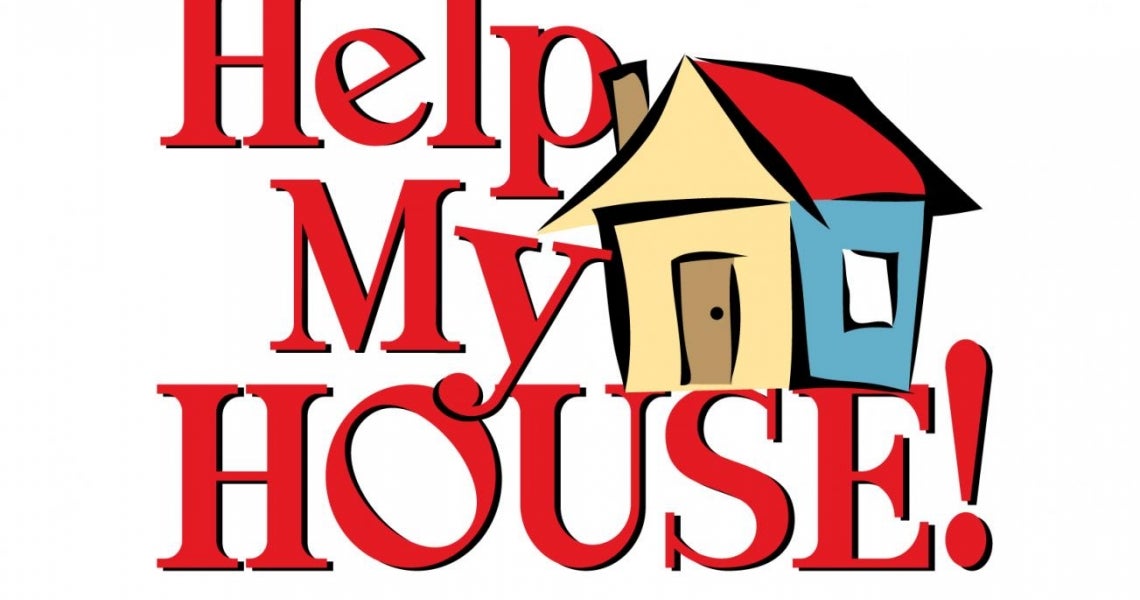In 2011, South Carolina's electric cooperatives piloted the Help My House home energy efficiency loan program
In 2011, South Carolina's electric cooperatives piloted the Help My House loan program, a small-scale research effort designed to test the effectiveness and consumer acceptance of a new model for residential energy efficiency in 100 cooperative-served homes.
With support from Central Electric Power Cooperative, Columbia – the wholesale power provider for the state's 20 distribution cooperatives – and a first-of-its-kind loan from the US Department of Agriculture's Rural Utility Service (RUS), the project offered consumers served by the eight participating co-ops low-interest loans (2.5%) for a prescribed set of home weatherization measures, including heat pump replacements, insulation and sealing of air leaks. A new state law passed in 2010 allows co-ops and other utilities to offer participating homeowners easy loan repayment via their monthly utility bills. Help My House loans were made for 10 years or less, allowing consumers to enjoy the benefits of improvements immediately with no money down while also making it possible for them to pay back the loans using the monthly savings gained from the energy efficiency upgrades. The goal is for the 100 finished homes to save energy, become more comfortable places to live and begin providing important data to co-ops on how much of a difference weatherization measures applied and funded in such a manner can make over time.
Work on the homes was performed by licensed contractors who underwent a screening and orientation process and signed an agreement to participate in the Help My House project. Cooperatives helped with quality assurance for consumers by requiring comprehensive energy audits before and after work was completed. These bookend assessments were performed to national standards (Building Performance Institute) by trained and certified third-party auditors, and helped project coordinators confirm that installed measures achieved the prescribed energy efficiency targets before jobs were declared finished and contractors paid.
South Carolina electric cooperatives and their partners at the Environmental and Energy Study Institute in Washington, DC – whose work is funded by the Doris Duke Charitable Foundation – will spend 2012 monitoring energy use in the completed homes. They will compare the data with historical energy use before work was performed, survey consumers about their experiences and compile data and lessons learned for a final report to co-ops, key stakeholders and state and national opinion leaders.

